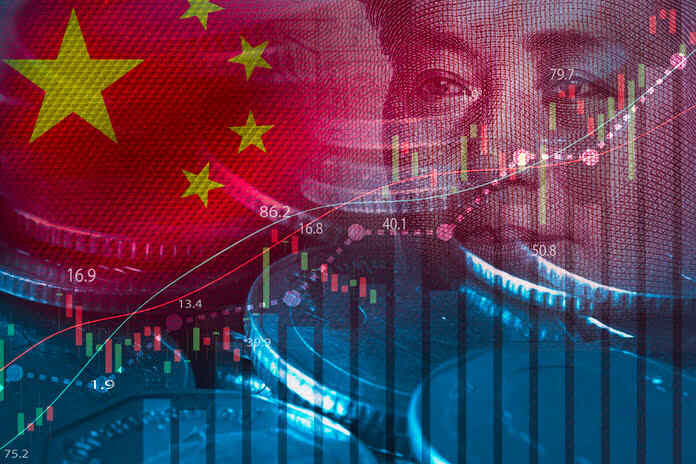The International Monetary Fund (IMF) has revised its forecast for China’s economy upward but emphasized the need for consumer-friendly reforms to maintain robust, high-quality growth.
In its report released late Tuesday, the IMF projected the world’s second-largest economy to grow at an annual rate of 5% this year, an increase of 0.4 percentage points from its previous estimate. This adjustment is based on China’s strong first-quarter growth and recent measures to support the property sector.
Despite the positive outlook, the IMF stressed that sustainable growth requires stronger social safety nets and higher incomes for workers to boost consumer spending. It recommended that Beijing reduce subsidies and other “distortive” policies favoring manufacturing over sectors like services.
China’s ruling Communist Party has set an annual growth target of “around 5%,” with the economy growing at a faster-than-expected 5.3% in the first quarter, contributing positively to the global economy. The IMF’s upgraded forecast also takes into account recent efforts to stimulate growth, such as lower interest rates and reduced down-payment requirements for home loans in the property industry.
However, the IMF cautioned that risks remain, predicting a growth rate of 4.5% for 2025, also up 0.4 percentage points from an earlier forecast. The organization lauded China’s focus on “high quality” growth, which includes investments in clean energy, advanced technology, and improved financial regulation.
The IMF suggested that a more comprehensive and balanced policy approach is needed to address economic challenges. Job losses during the pandemic and declining housing prices have strained Chinese finances. Economists agree that enhancing the social safety net and increasing worker incomes are crucial for encouraging consumer spending over saving.
The IMF’s long-term outlook is less optimistic, forecasting China’s annual economic growth to decline to 3.3% by 2029. This anticipated slowdown is attributed to the country’s rapidly aging population, slower productivity growth, and ongoing challenges in the housing sector.
The report also highlighted concerns about China’s industrial policies, which support industries like automaking and chip development. These policies may waste resources and impact China’s trading partners, echoing tensions between Washington and Beijing. U.S. officials argue that China’s industrial support creates excess capacity that is absorbed through exports, while China contends that U.S. restrictions on technology exports are unjustified and harm international trade.
Featured Image: Freepik









